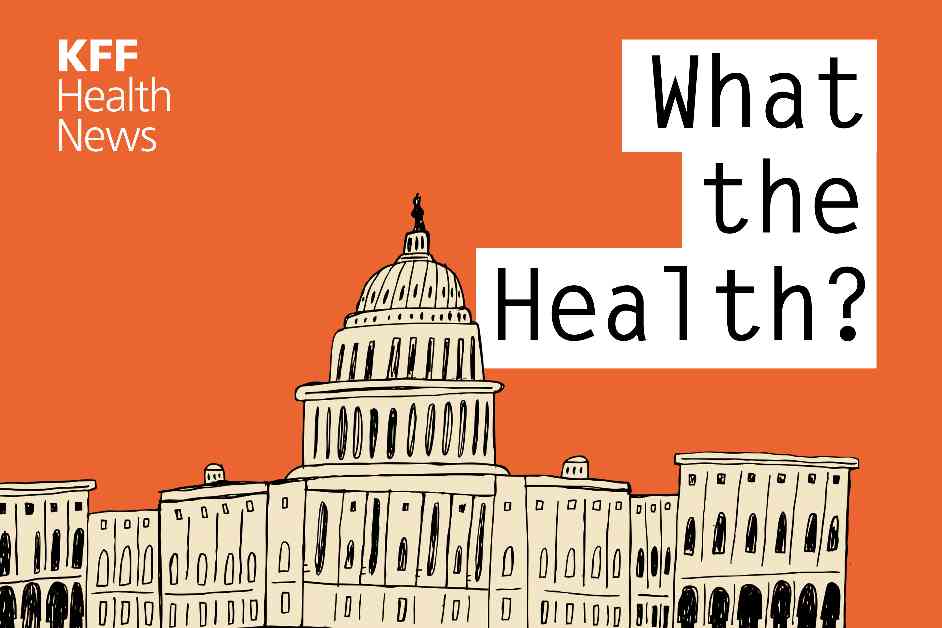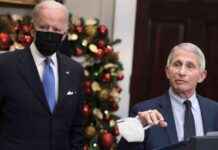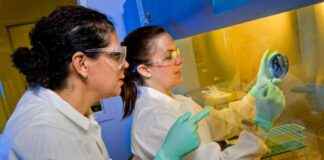Interview with Dr. Francis Collins
In a recent interview on the “What the Health?” podcast, Dr. Francis Collins, former director of the National Institutes of Health (NIH), shared his insights on the vital role of the NIH in advancing medical research and improving human health. The conversation between Collins and host Julie Rovner delved into the inner workings of the NIH and the importance of supporting scientific endeavors to benefit society as a whole.
NIH’s Impact on Biomedical Research
Collins highlighted the NIH’s significant contributions to biomedical research, describing it as the largest supporter of such research globally. He emphasized the NIH’s role in funding basic medical research, understanding the intricacies of human health and disease, and translating scientific discoveries into tangible improvements in clinical care. Collins underscored the collaborative nature of NIH-funded research, involving universities, institutes, and experts nationwide.
Challenges and Opportunities for the NIH
Reflecting on his tenure as NIH director, Collins acknowledged the need for continuous improvement and innovation within the organization. He emphasized the importance of optimizing NIH’s operations while preserving its legacy as a beacon of medical discovery. Collins expressed a cautious openness to reimagining aspects of the NIH but cautioned against drastic overhauls that could undermine its effectiveness and global reputation.
Building Trust in Science and Expertise
Collins delved into the broader societal challenges of mistrust in science and expertise, urging for a renewed focus on integrity, competence, and humility in scientific communication. He emphasized the need for scientists to engage with diverse perspectives, listen actively, and communicate transparently to rebuild public trust. Collins also highlighted his involvement with Braver Angels, a group dedicated to fostering constructive dialogue and bridging divides in society.
In a parting message, Collins shared his ongoing commitment to combating hepatitis C through a comprehensive program aimed at testing, treating, and curing individuals affected by the disease. He underscored the life-saving potential of such initiatives and the imperative of effective implementation to prevent unnecessary suffering and healthcare costs. Collins’s passion for advancing public health and medical research shone through in his dedication to making a tangible difference in people’s lives.
As we navigate complex health challenges and societal divisions, Dr. Francis Collins’s insights serve as a beacon of hope and inspiration for fostering collaboration, trust, and innovation in the pursuit of a healthier, more united world.

















